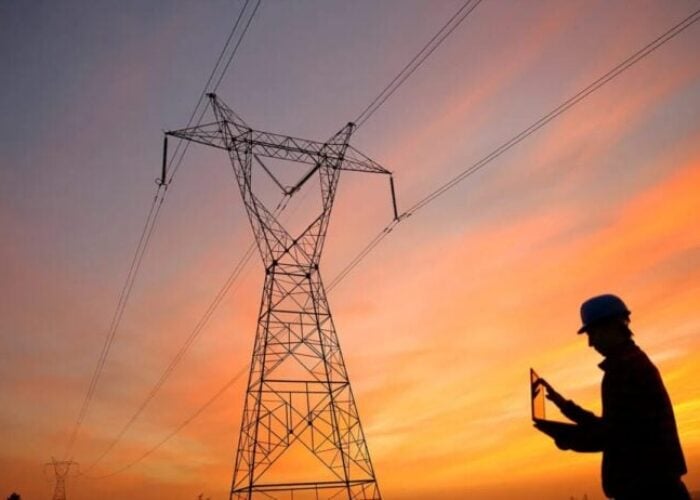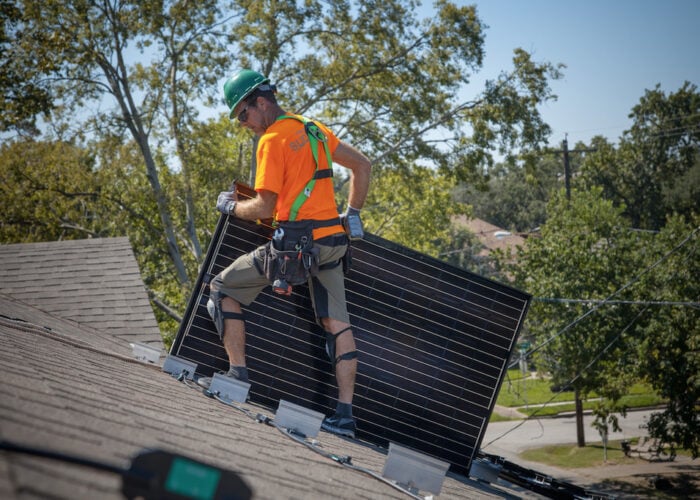The US Department of Energy has announced a grant of US$9 million to fund “breakthrough” research into improving the reliability and durability of PV modules.
The grant is being made under the banner of the DOE’s SunShot Initiative, which is aiming to cut the cost of solar in the US through technical innovation.
Unlock unlimited access for 12 whole months of distinctive global analysis
Photovoltaics International is now included.
- Regular insight and analysis of the industry’s biggest developments
- In-depth interviews with the industry’s leading figures
- Unlimited digital access to the PV Tech Power journal catalogue
- Unlimited digital access to the Photovoltaics International journal catalogue
- Access to more than 1,000 technical papers
- Discounts on Solar Media’s portfolio of events, in-person and virtual
The DOE said the money would be made available to projects that increase module quality and performance through improved testing.
Among projects eligible to receive the funding the DOE highlighted those that develop accelerated testing techniques that better understand how PV modules change over time and therefore how their lifetime performance can be enhanced.
Key focus areas the DOE said would include using physics and chemistry and advanced data analysis to gain a better understanding of why solar modules fail, developing improved product tests and new rapid testing techniques or instruments – either outdoors after installation or during the manufacturing process – that evaluate module reliability, and improving data models to predict performance over time.
The SunShot Initiative is aiming to reduce the total installed cost of solar energy systems to US$0.06 per kWh by 2020.







